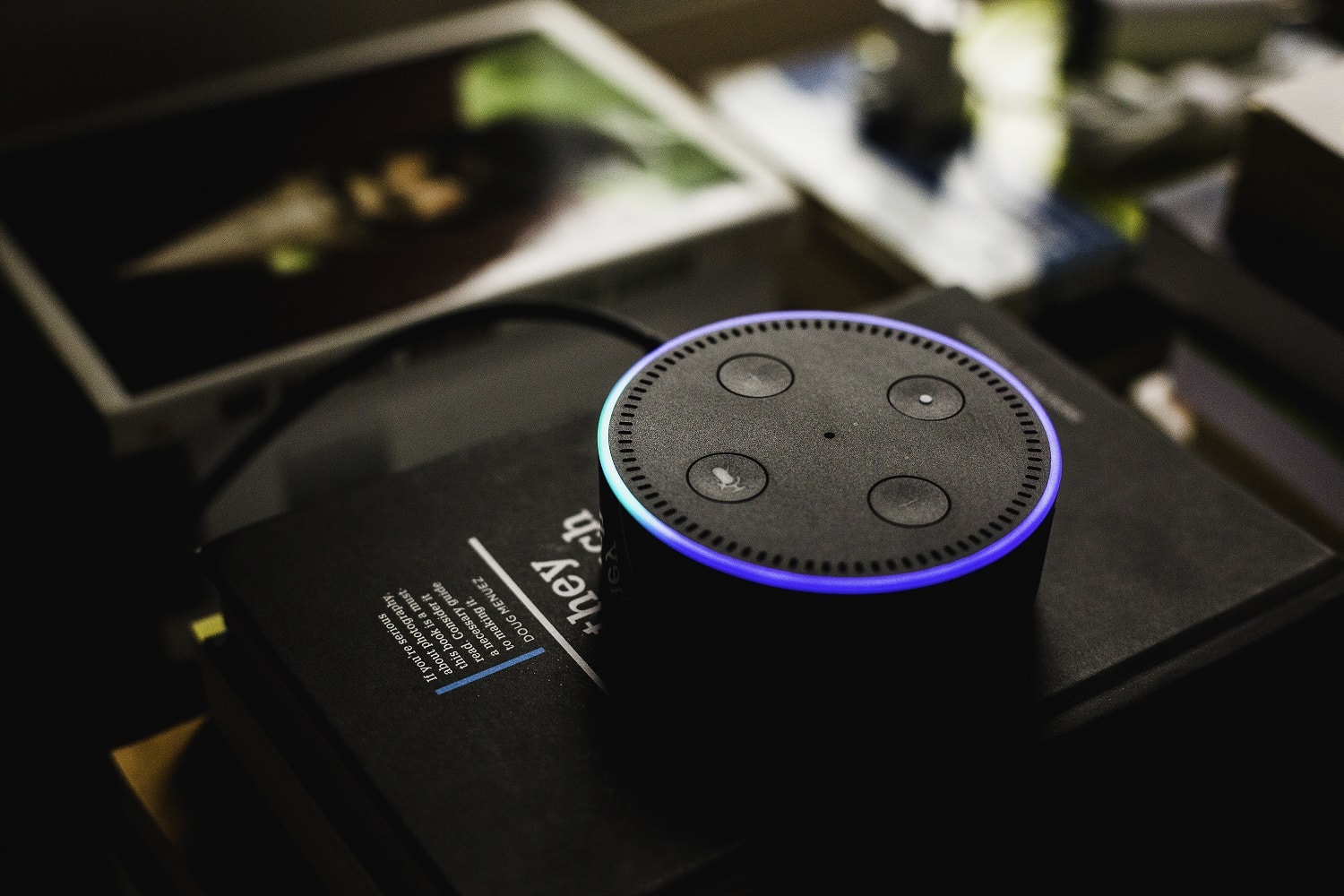With ecommerce sales expecting to top $4 trillion by 2020, more and more devices are pushing to dominate the market. And voice assistants are one of them. It was estimated by the end of 2017 that over 30 million US households would have a voice assistant device.
So, do voice-first devices have the potential to take the online retail market by storm? Can they revolutionise the way consumers are making online purchases?
Read on as we discuss how it all works, and how it could change the ecommerce.
The voice assistant craze
Firstly, what exactly is a voice assistant? Essentially, they are smart devices connected to the internet that relay information through artificial intelligence and voice recognition.
Unlike Siri and Google Assistant on smartphones, voice assistants are primarily used through voice recognition, as opposed to being a feature on a multipurpose smartphone. Voice assistants can not only control in-home features such as heating and robotic hoovers, they also allow for online payments and money transfers.
Looking into voice assistants
To get a better idea of voice assistants’ potential, Capgemini spoke with 5000 consumers within the US, France and German. They surveyed them on voice assistants and shopping with them – something they called ‘conversational commerce’. The study found that a staggering 40% of consumers intend on using voice assistants to purchase goods within the next three years.
A massive 51% of interviewees already admitted to owning a voice assistant – and it shows no sign of stopping. Of those who already own one, up to 35% are using them to purchase things online – from everyday groceries to booking an Uber. The survey also suggested that over 1 in 3 consumers are willing to use voice assistants in physical stores, to enhance their instore experience.
Will this work with everyday retailers?
Online retailers have already seen the gap in the market, developing their ecommerce sites to be voice assistant friendly. Amazon is recognised as the world’s biggest online retailer, generating 74.1% of the world’s ecommerce sales. Since releasing the Amazon Echo, their upsell rates have risen by a huge 60%.
Why? Amazon’s ‘voice-only’ deals entice shoppers to purchase more products.
Google have also jumped on the bandwagon. They’ve teamed up with eBay, allowing consumers to address eBay through their Google home device. The eBay voice app suggests items on their website that are related to the requested item. It then transfers the information over to the individual’s connected smartphone, where it can be checked before confirming the purchase.
And it’s not just online retailers that have started voice assistant selling. Walmart, Starbucks and Sephora are among some of the retailers that have adapted their sites to use and recognise voice commands.
What does this mean for the future of ecommerce?
“Voice assistants will completely revolutionize how brands and consumers interact with each other,” explains Mark Taylor, Chief Experience Officer at Capgemini. With Capgemini’s research suggesting that people are likely to spend 8% more through voice assistants, it certainly presents a huge growth opportunity.
With voice assistants still a relatively new wave in the ecommerce world, it’s difficult to say for certain whether such an impact is going to be made. However, there’s no denying that this is something consumer brands need to get on board with if they want to stand any chance of profiting from the ‘commercial conversation’ concept.
Don’t fall behind
Ecommerce is always changing. That’s why its crucial to have an ecommerce site that’s fast, easy-to-use and fully functional. Fluid Digital are Magento certified developers who can give you exactly that. Our team of specialist web designers create unique websites that attract traffic and turn visits into sales. Get in touch today to discuss your needs.

